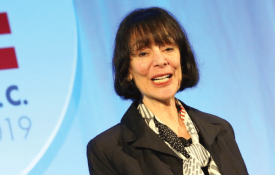
As a new year begins, psychological science offers a variety of reasons to be hopeful about progress in science and the well-being of individuals and societies worldwide. Read about the most promising discoveries and advances of the past few years.
More often than not, recipients of support perceive offers of help far more positively than we might expect them to.

In this edition of Student Notebook, we invited diverse scholars within the APSSC community to share some of their perspectives and experiences as young scholars from marginalized groups and their hopes for creating a more inclusive and equitable psychological science.
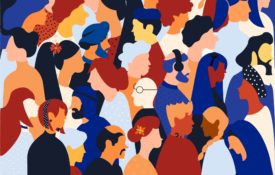
Although genetic profiling can provide useful information that can enhance personalized treatment plans for individuals, Ahn and Perricone (2023) argue that learning more about one’s genetic risk for mental disorders can have unintended and potentially negative consequences.
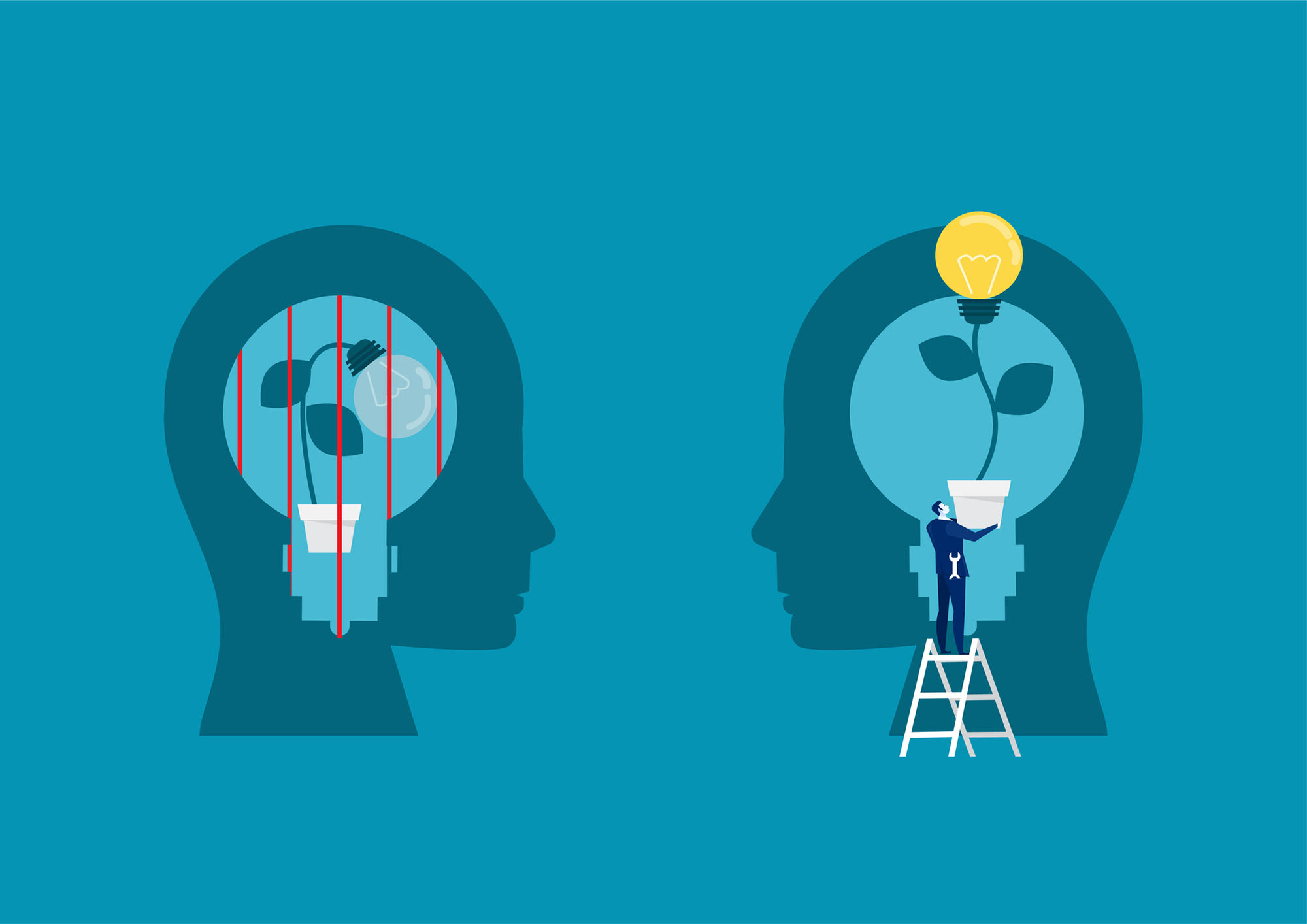
Cognitive psychologist Andy DeSoto was a key member of the APS staff for 7 years and leaves a legacy that includes a highly impactful government relations and policy program.

Jesus Alfonso (Jess) D. Datu discusses his research on positive psychology and positive education and how his findings can be used to inform educational policy.

A conversation between Jennifer L. Eberhardt and Linda R. Tropp on the links between intergroup contact and racial and ethnic relations.
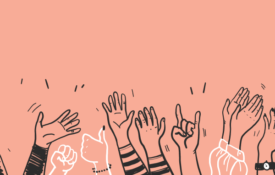
Clinical researchers and other scientists investigate computer algorithms that could lead to reliable measures of suicide risk.
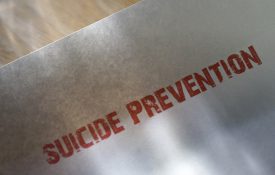
Data collected from 2004 to 2016 show that Americans’ attitudes toward certain social groups are becoming less biased over time.

Research conducted around the US Supreme Court's ruling on gay marriage offers insight into how people's views change when the government takes sides on an issue.
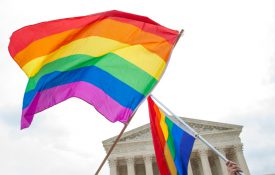
In a new issue of Psychological Science in the Public Interest, researchers propose novel treatment strategies, based on advances in brain science, that could help prevent abuse of opioids and other drugs.

Clinical researchers are developing a new therapy that may reduce or eliminate symptoms of a challenging psychological disorder within weeks, rather than months.
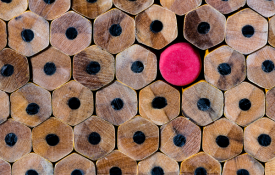
A one-time intervention that educates teens about the changeable nature of personality traits may prevent an increase in depressive symptoms often seen during the transition to high school.

A psychological study suggests a potential way to minimize the impact that gender bias can have on women’s career advancement.

Interracial contact with other practitioners during medical school may help reduce physicians’ racial bias, improving treatment outcomes for patients.

Evocative labels such as “twisted citrus glazed carrots” and “ultimate chargrilled asparagus” can get people to eat more vegetables than they otherwise would—as long as the food is prepared flavorfully, a nationwide study shows.

A study examining the cost-effectiveness of nudges and typical policy interventions shows that nudges often yield high returns at a low cost.

No one likes a backseat driver, but motorists may be more amenable to suggestions when support systems take the time to explain recommendations.

A recent behavioral intervention in the UK convinced up to 50% of drivers to switch off their idling engines, drastically reducing pollution and noise.

A growing cadre of behavioral scientists is helping NASA understand how astronauts will function as teams on long-duration space missions — including a journey to Mars.

Big Data involving thousands and thousands of participants is enabling researchers to track the development of different cognitive skills across the lifespan with increasing accuracy. And the results of these studies bring light to some surprising — and perhaps heartening — findings about the aging brain.
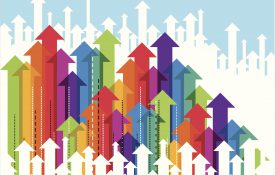
From viruses to ransomware and password phishing scams, cyber fraud and other digital security threats are escalating worldwide — learn how psychological scientists help safeguard data.

Depression may be more closely related to how we perceive our relationships and position within a community than to whether or not we are socializing with others.

People who can imagine achieving their goals in greater detail are less likely to be or to become depressed.

The IAT may help identify and provide additional support to individuals at risk of attempting suicide.

Humans’ unique cognitive abilities emerged from a cycle of interactions between brain, culture, and environment, says Atsushi Iriki.
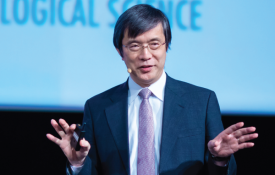
A study of mothers and their children shows that children carry the influence of their mothers' environmental behaviors into early adulthood.
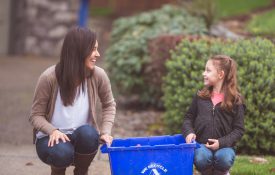
APS William James and James McKeen Cattell Fellow Carol S. Dweck has pioneered the study of the mindsets that influence students’ academic achievement. Teachers’ mindsets play a big role in students' success as well, she says.
